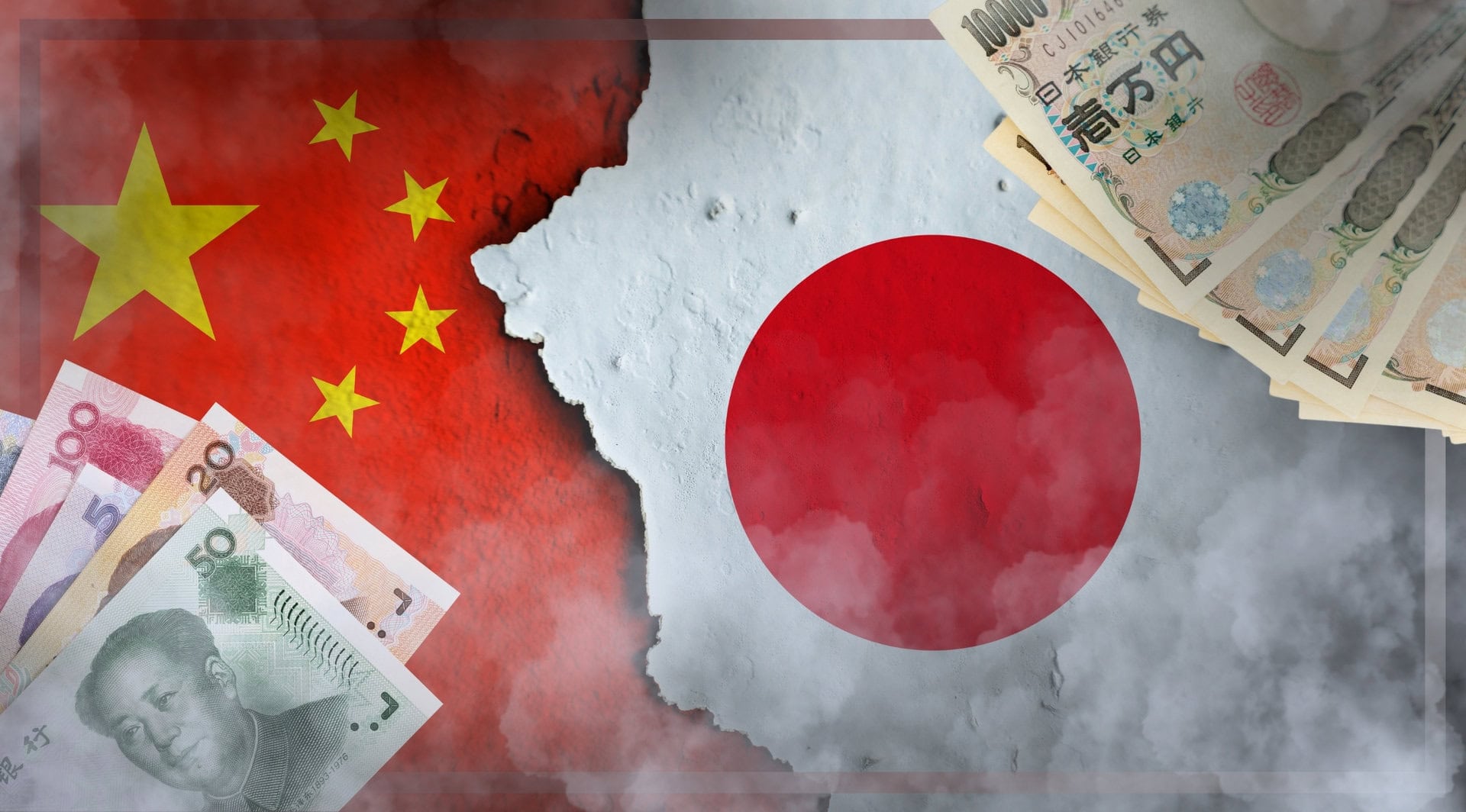Earlier this month, the House Foreign Affairs Committee hosted an in-depth hearing on the economic, political, and humanitarian situation in Ethiopia. The meeting comes at a time when human rights activists in Ethiopia and across Africa are attempting to highlight the human rights abuses committed by Abiy Ahmed and the Ethiopian government during the civil war in Tigray.
The hearing was entitled “Ethiopia: Promise or Perils” but it was clear from the start that American lawmakers are very much concerned with the potential “perils.” The Chairman of the Committee, John James, seemed sceptical that the government in Addis Ababa is serious about resolving questions of human rights violations or corruption. “If I’m being honest, it’s increasingly difficult to see where the promise lies.”
Increased US scrutiny on Abiy Ahmed’s humanitarian track record is concerning for Ethiopia not only from a political standpoint, but also economically. The United States is the largest bilateral donor in Ethiopia, having provided over $3 billion to Addis Ababa since 2020 in humanitarian assistance alone. In March this year, Anthony Blinken announced a further $331 million package aimed at improving Washington’s relationship with the East African country.
This cash is seen as particularly vital given the struggles Ethiopia has had over the last few years in accessing foreign exchange and paying off its debts. Last week news broke that Ethiopia failed to meet a $33 million bond repayments that was due to private international bondholders. With the country now heading for a default, access to capital markets for borrowing and spending will become even more tricky and more expensive. Ethiopia’s reliance on financial donations from the US and other countries may grow stronger as a result of the default.
While the causes of the #default are not yet clear, human rights activists and have pointed to the significant economic impacts of the civil war in Tigray. #Ethiopiahttps://t.co/t31Dr7nl84
— #DisruptionBanking (@DisruptionBank) December 13, 2023
However, for how long will the US be prepared to offer cash to a government which is accused by American lawmakers of engaging in systematic human rights abuses? James noted that he is “very concerned about Ethiopia’s current trajectory and the direction of our policy” and added that “the American taxpayer is tired of being used.”
Mike Hammer, the State Department’s Special Envoy for the Horn of Africa, also said that “we are deeply concerned about the ongoing violence in Amhara and Oromia […] there have been credible reports of gross violations of human rights, significant loss of life, and severe economic disruption.”
The US’ preparedness to offer significant cash sums to Addis Ababa is likely to be further tested given that Abiy Ahmed seems to have shifted towards several American adversaries, such as Russia, China, and the UAE. Earlier this year Ethiopia also joined the BRICS alliance, which is widely seen as aspiring to overturn the US-dominated financial and political order.
Argentina, Egypt, Ethiopia, Iran, Saudi Arabia and the United Arab Emirates are expected to officially join the #BRICS group next month. After the enlargement, experts say, the platform will increase the influence of the Global South. https://t.co/bXTtJ9brNA pic.twitter.com/YfDWJyiSSJ
— China Daily (@ChinaDaily) December 18, 2023
What would the financial repercussions of these developments be for Ethiopia? Getachew Temare fears that the impacts could be pronounced.
“The recent US House hearing on Ethiopia has confirmed that the country might be on the verge of defaulting on its international debt obligations. The ongoing internal conflicts and the nation’s persistent focus on investing in war have raised concerns within the House and Congress. The Chairman of the Foreign Relations Committee expressed alarm, casting doubt on Ethiopia’s strategic importance moving forward,” he said.
“This hearing is likely to impact Ethiopia’s financial situation,” Temare added. “The United States appears hesitant to fully integrate Ethiopia into the global financial system and offer crucial financial support through loans and grants that could potentially revive the struggling economy in the short term.”
For now, the US seems hesitant to withdraw funds from Ethiopia completely, a legacy perhaps of the two countries’ historic relationship and the role Addis Ababa plays in maintaining stability in the Horn of Africa. In July, the Biden administration even took a step towards lifting economic sanctions on Ethiopia and tried to recast relations with the East African country in light of its move towards BRICS.
However, as the recent House hearing shows, Washington’s patience with Ethiopia is far from unlimited. The loss of this patience is potentially a major economic risk for investors with an exposure to Ethiopia to consider.
Temare noted that “the US is treading cautiously, avoiding the imposition of new economic hardships that could adversely affect the nation.”
“It therefore seems that the States is facing a significant policy and strategic dilemma. This uncertainty may inadvertently harm Ethiopia’s economy.”
Author: Harry Clynch
#Africa #Ethiopia #US #Economy #Geopolitics















